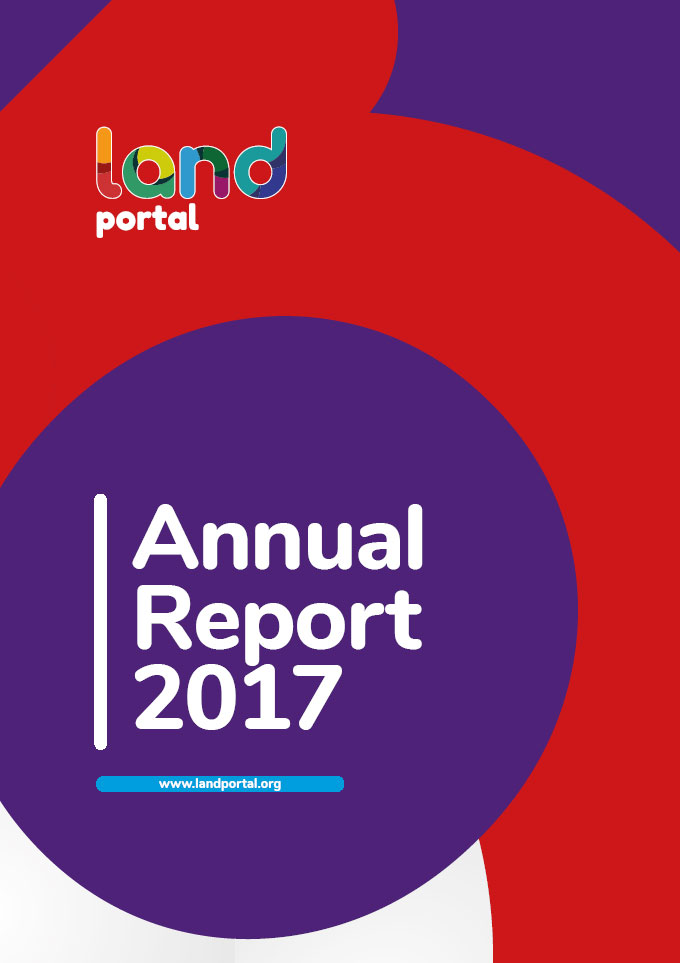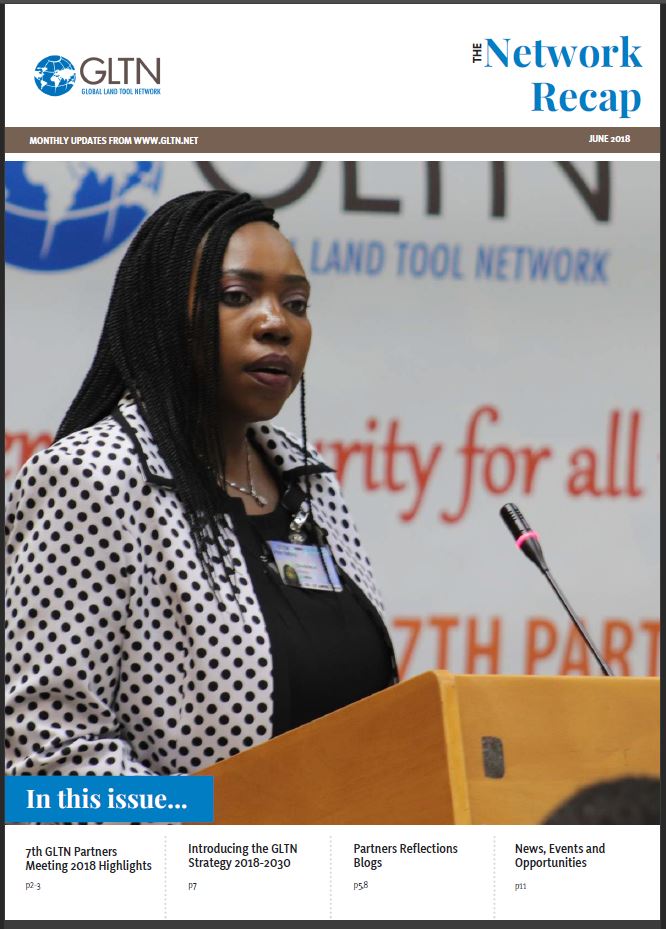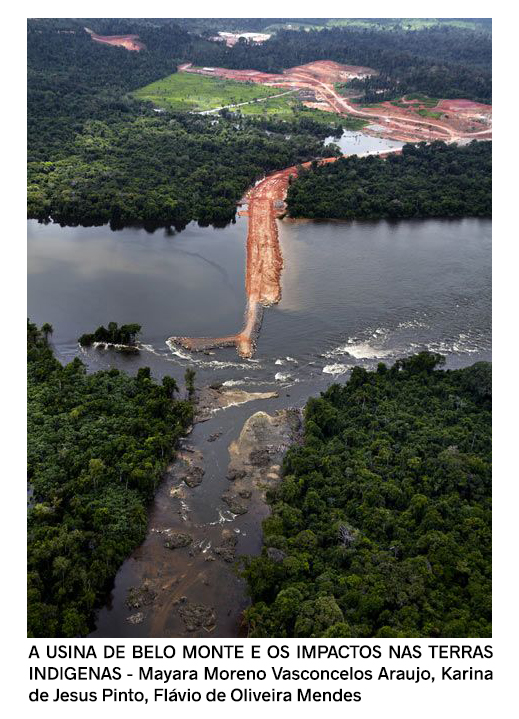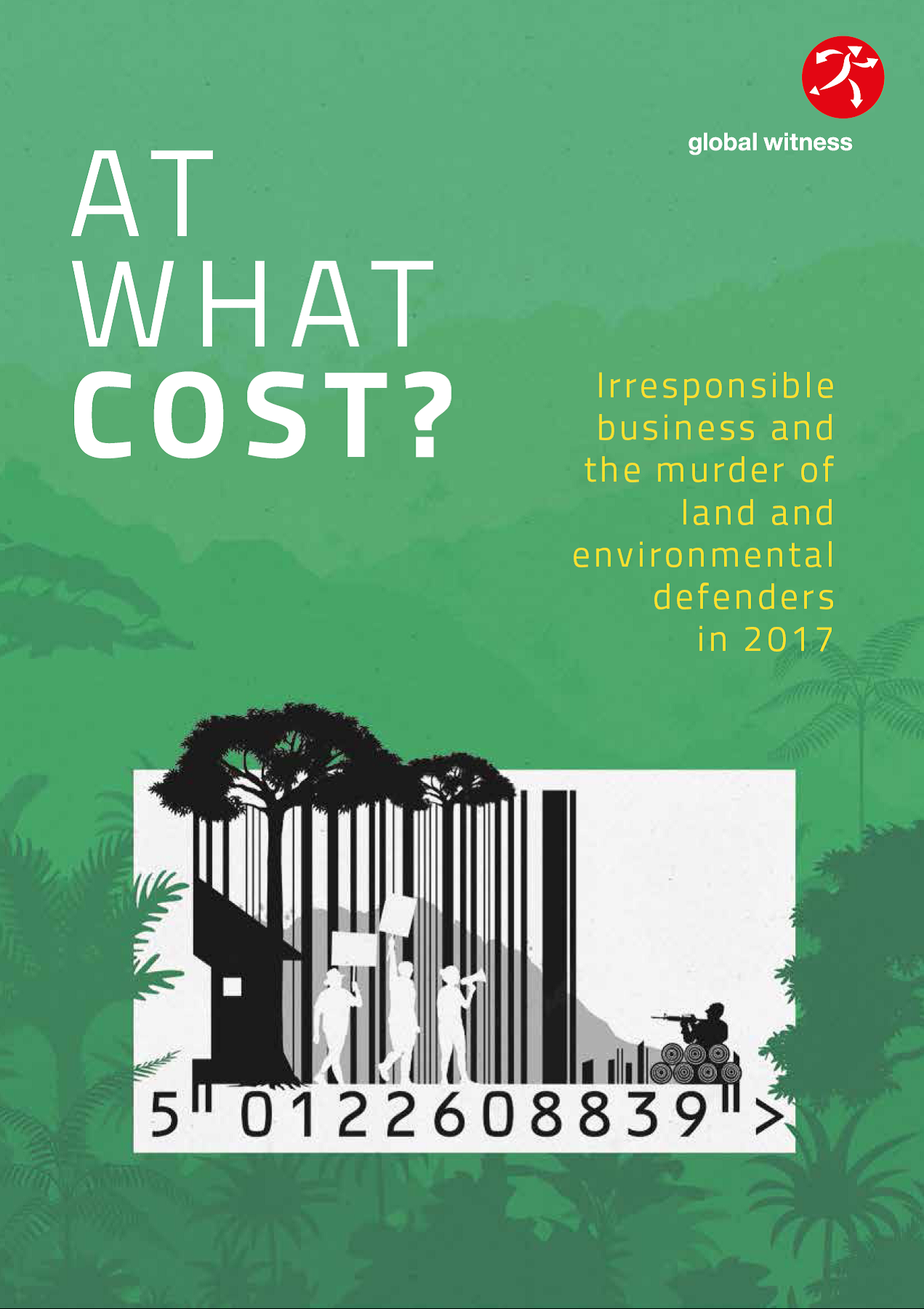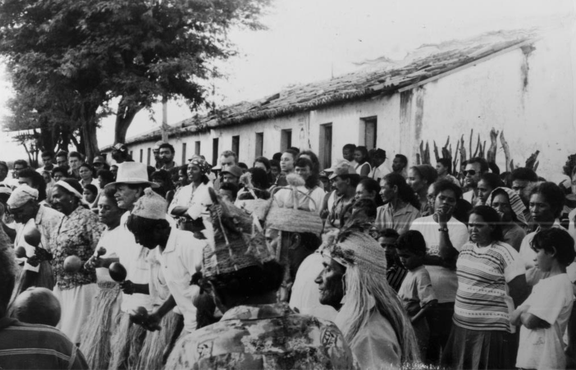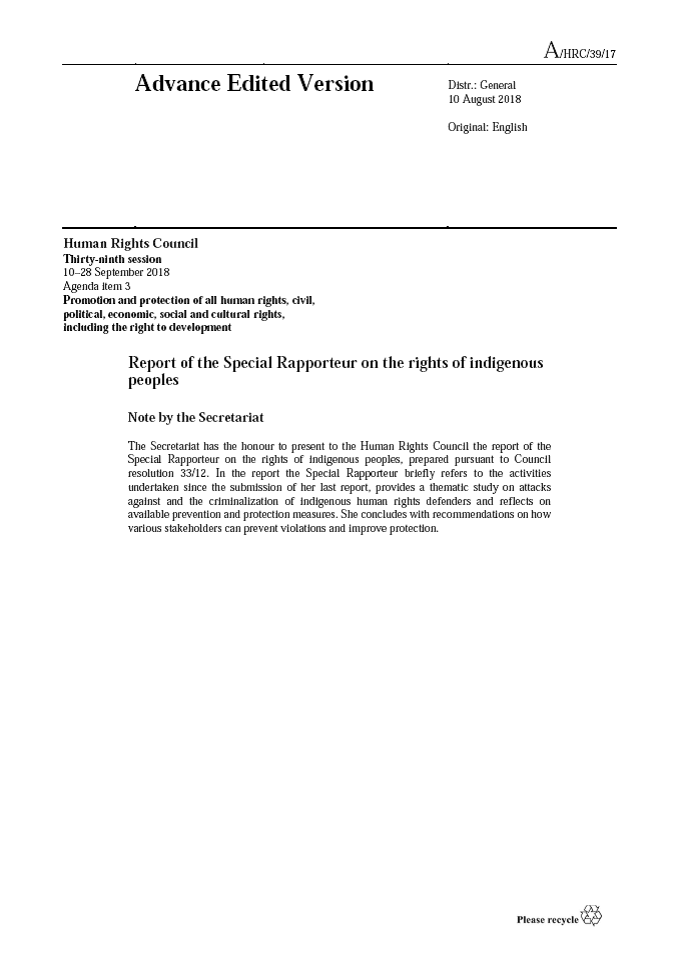Law of the Right to Prior Consultation to Indigenous or Native Peoples, recognized in the Convention 169 of the International Labour Convention (ILO)
The present Law develops the context, principles and procedures for the right to prior consultation to Indigenous peoples or native regard to the legislative or administrative measures that directly affect them. It is interpreted in accordance with the obligations under Convention 169 of the International Labour Organization (ILO), ratified by the Peruvian State through the Legislative Resolution 26253.


